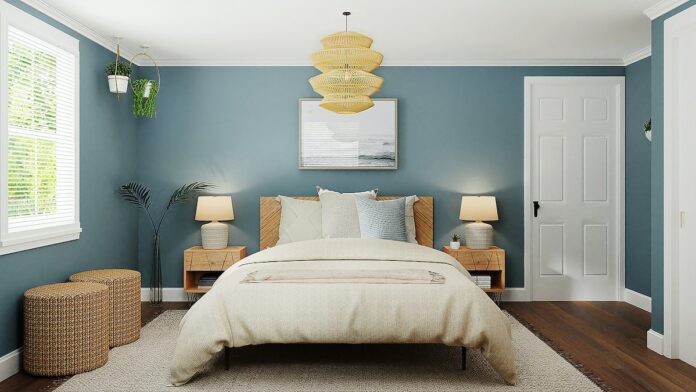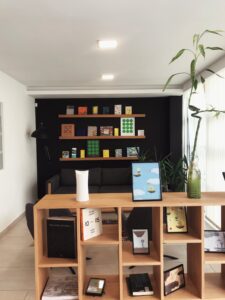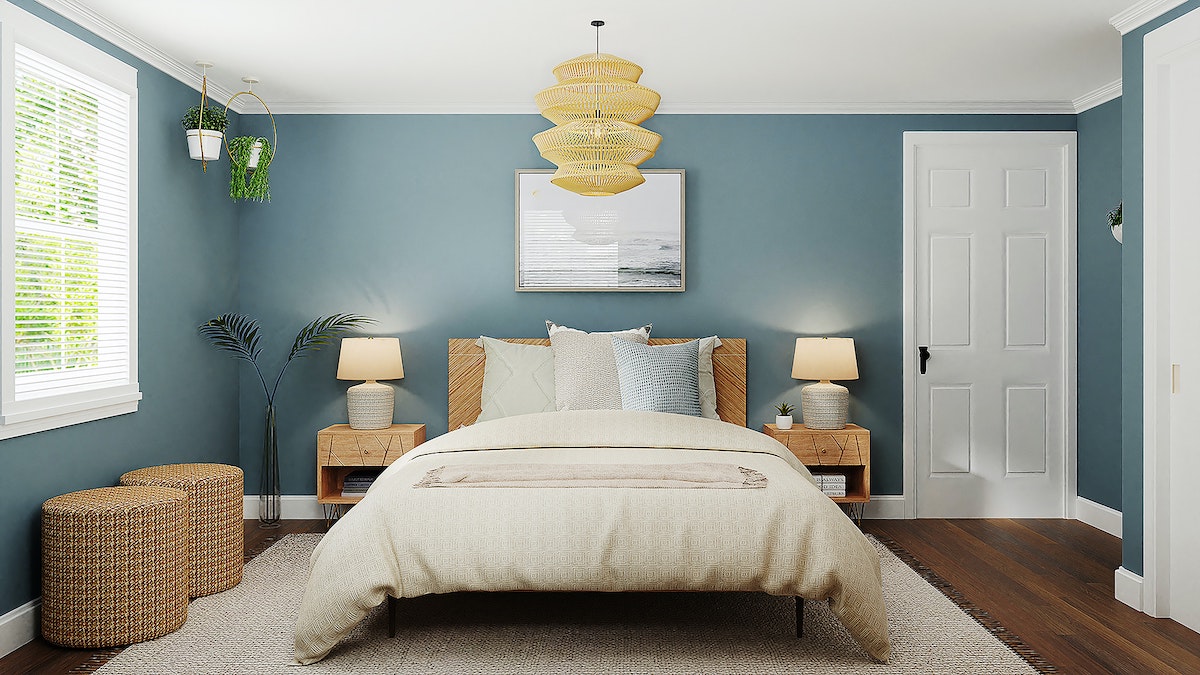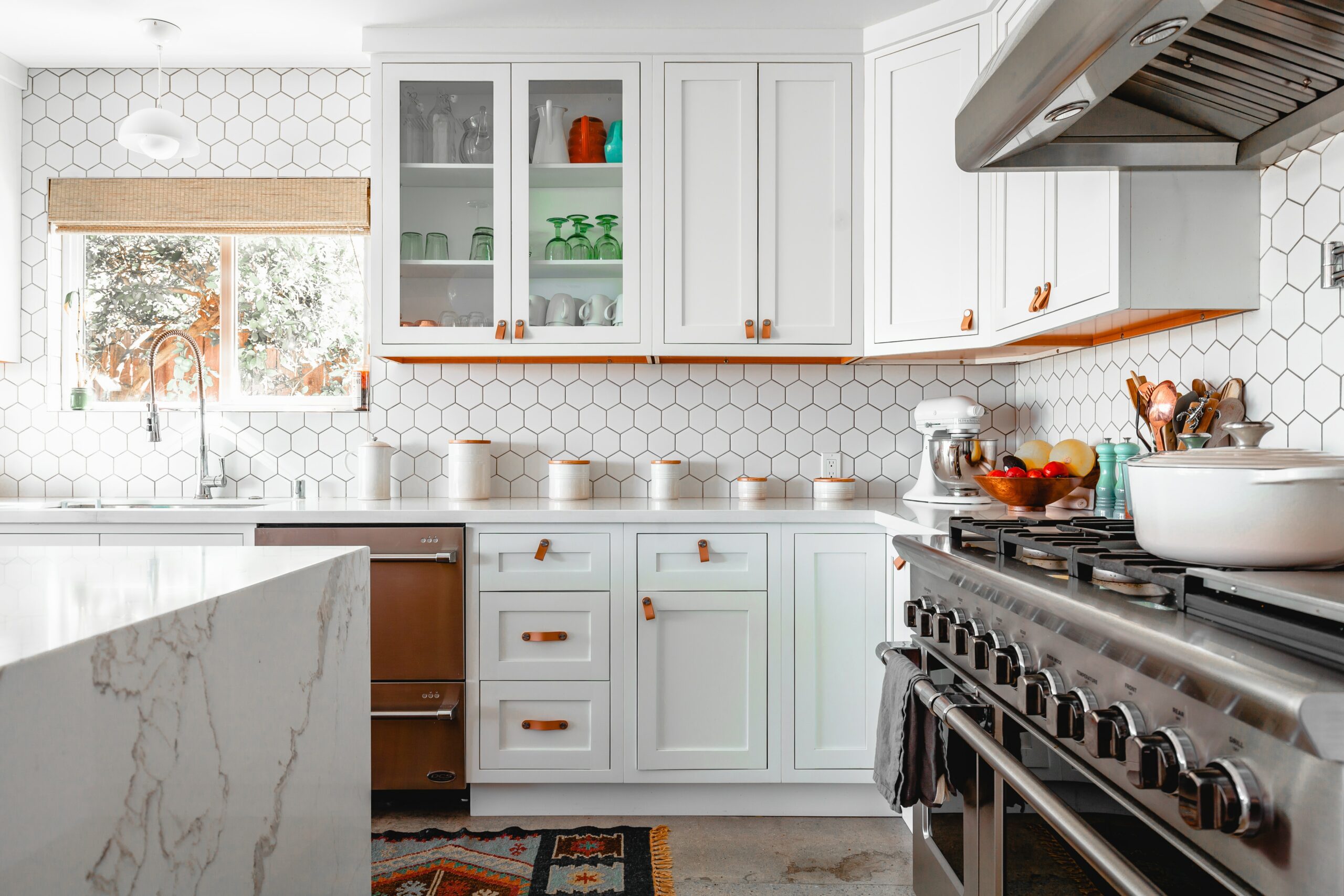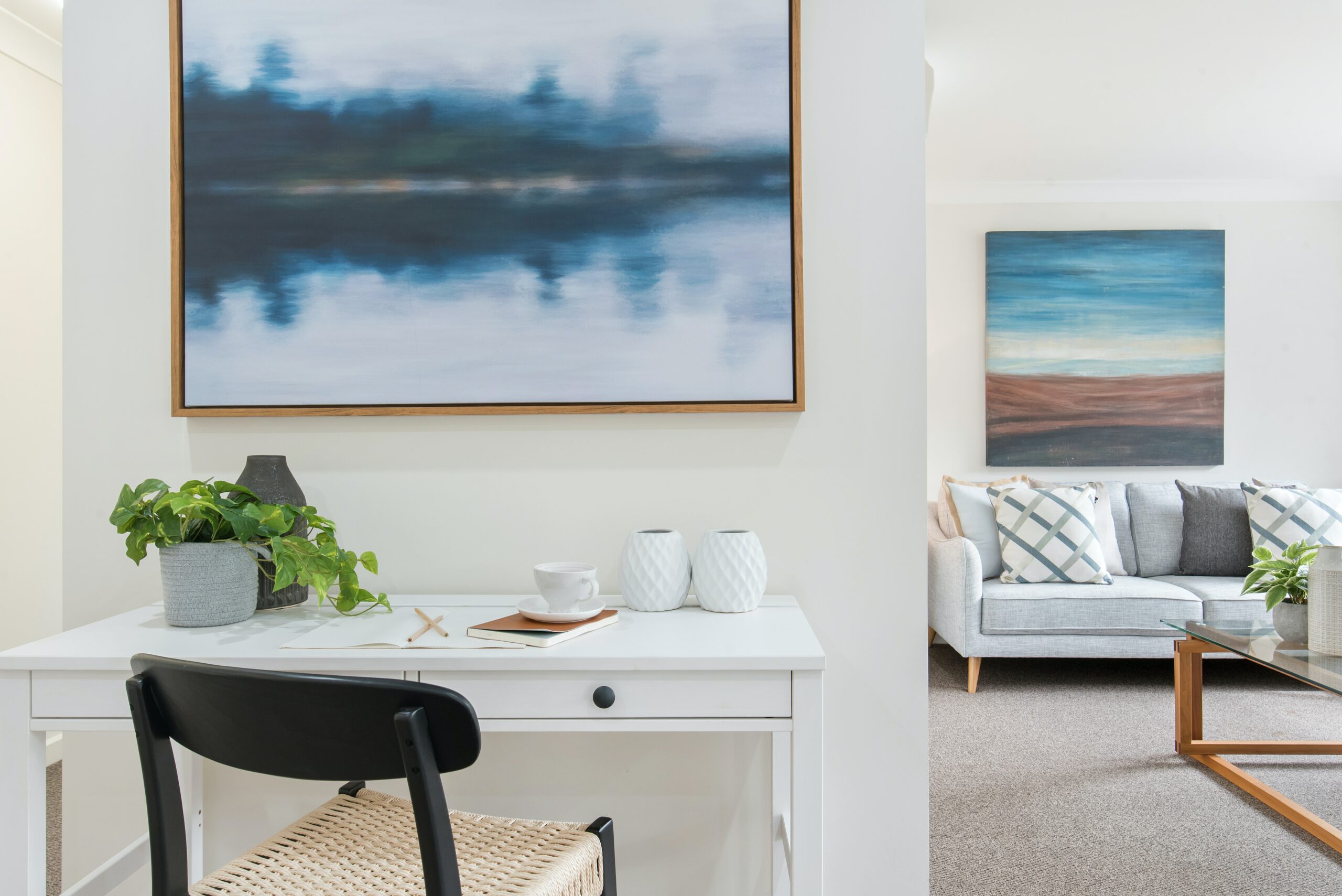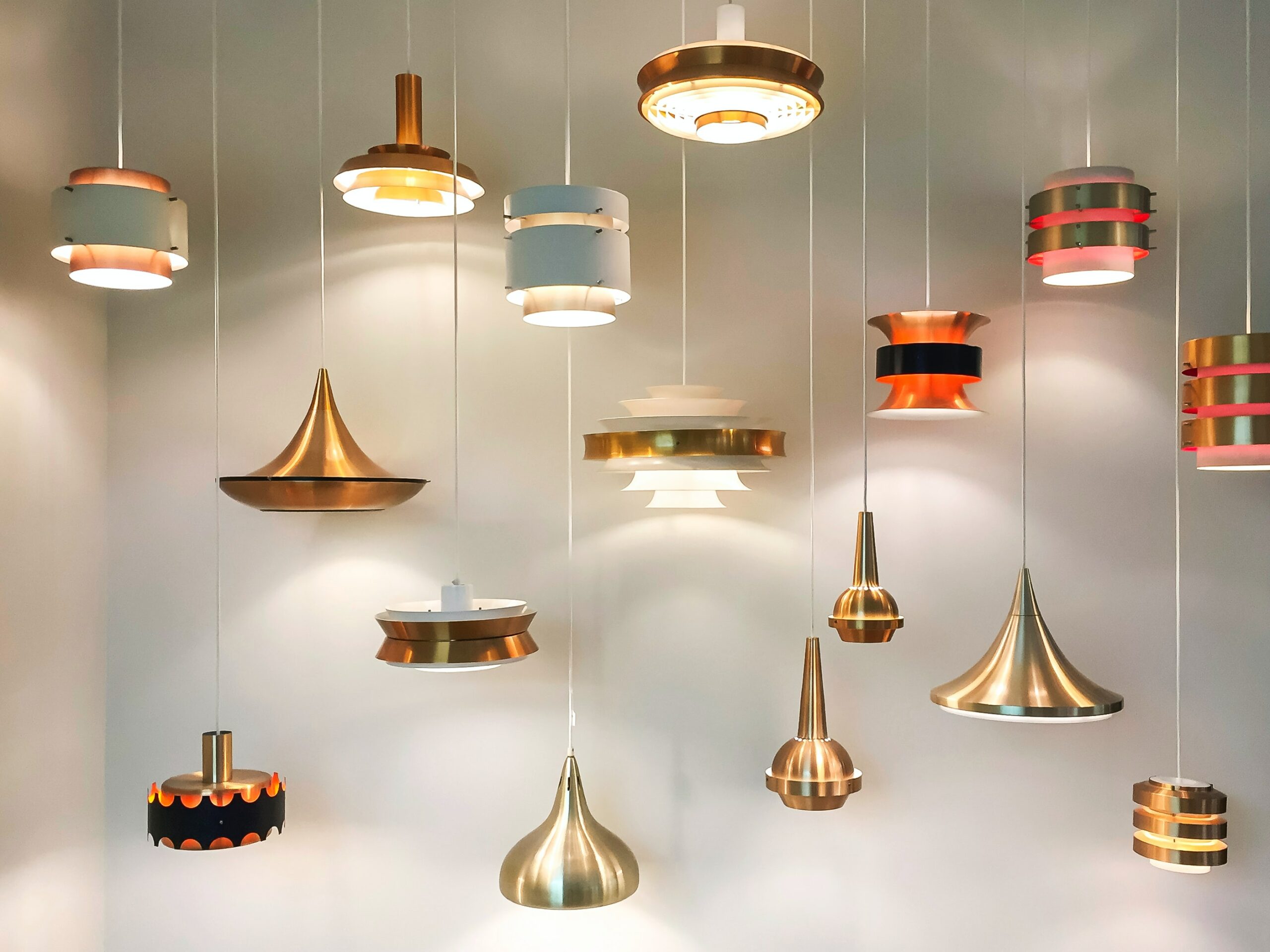We’ve all heard of Feng Shui, but do we actually know the true meaning of what it is? The philosophy of Feng Shui is a practice of arranging the pieces in living spaces in order to create balance with the natural world. The goal is to harness energy forces and establish harmony between an individual and their environment. In simpler terms, you Feng Shui your apartment to bring positive energy, health, and happiness into your home. Everyone from celebrities to tech companies are applying Feng Shui to their lives, and it’s time you did so as well.
Read on for the simplest ways to Feng Shui your living space.
Separate Spaces
In feng shui, it’s helpful to have areas that are somewhat separated to create a balance of yin and yang. Yang spaces are more active and public, like a living room or office, whereas a yin space is rest-oriented and private, like the bedroom.
One of the biggest challenges with small apartments, especially studio or one-room apartments, is that everything is happening in the same room. If possible, try to create separate areas for public and private spaces within your apartment by using screens, freestanding bookshelves, curtains, and rugs.
Define the Entryway
The entry of your home is called the mouth of qi because it’s where the energy enters your space. In a smaller apartment, you might have your front door right in the middle of the kitchen or living room, without any type of defined entry or foyer. Your front door is very important in feng shui because it’s the first and last thing your visitors will see. Paint the door a vibrant color, use a doormat to delineate the entry, place a mirror strategically to expand the entry area, or use a divider to create a foyer space.
Sleeping Area
The most yin or private space in your home is the bedroom area. You want to create a peaceful environment in your bedroom in order to relax after a long day. Make your bed the focus of the room, not the clutter around it. Move your bed to a ‘command position,’ meaning you can see the doorway, but you’re not directly across from it. Having a headboard against a wall is ideal. Leave 18-36 inches of space between your bed and nightstands. Keep the space under the bed empty and let the air (and energy) flow around the bed. If you have to have storage under your bed, stick to sleep-related items that are soft, like linens, towels, blankets, and pillows.
Keep any desks or work-related items outside the bedroom. Your bedroom should be a place to rest and without electronics. Yes, that means no phones or TVs. All doors, including the closet, should be closed before getting into the bed. Add a humidifier or open the windows to air out the room and increase air quality. When purchasing linens and other pieces for your bed, stay within neutral, skin-toned colors – from bright white to rich chocolate brown.
Dining Area/Kitchen
In feng shui, the dining table represents friendships as well as your wellbeing. If there’s no dining space, you may end up eating on your bed, at your desk, or in front of the TV. We can all agree those are probably not the best places to eat. When you carve out a nice space to dine, you can practice mindful eating and perhaps invite a friend to join you. If there’s no room, do your best and set up a nice area for yourself when you do have a meal. Turn off the TV, find a lovely placemat, dish, cutlery, and even a flower, so you can prepare yourself a beautiful place setting for your meal.
The feng shui needed for your kitchen will depend on which way the room is facing, but most kitchens face South. If your kitchen is south-facing, embrace vibrant reds, yellows, and oranges. You can introduce wood elements as well – think wood cupboards and cutting boards. This will attract fame and reputation, according to the traditional teachings. Avoid the color black and blue in your kitchen decor, if possible.
Work Space
With more people working from home than ever, your workspace is a vital part of feng shui. Set yourself up in the commanding position. This means while sitting in your workspace, you can see the door to the room without being directly in line with the door. If you don’t have a separate work area, that’s OK.
Set yourself up properly and comfortably during your work hours to focus and be productive. Then be sure to put everything away when your work hours are completed. This is especially important if you have trouble maintaining a good work/life balance.
Maximize the Light
Light is healing for us, especially in small apartments. Maximizing the light can expand the home visually and energetically. You can do this by using white paint on the walls and ceiling. White is the most reflective color and it makes a huge difference. Don’t worry, you can bring in color with artwork, furniture, and accents.
Using light fixtures around the home can help if you have limited natural light. Uplighting (light fixtures that point up) uplifts the energy. And you can vary the type of lighting, like ceiling lights, task lighting, bedside lights, and lamps at eye level while sitting. Bounce the light around on the walls to brighten and expand.
Extra Touches
Scent is an important and easy way to feng shui your apartment. Incense, oil diffusers, candles, and using as many organic cleaning products as possible will make a huge difference. Besides improving the aesthetics of a space, plants invite the energy of nature into your living space. According to feng shui principles, houseplants can be nourishing for your personal energy.
The best feng shui plants have soft and rounded leaves, as they promote gentle, nourishing energy. Golden Pothos, Lucky Bamboo, Jade (the money plant), Boston Fern, and Areca Palm are some great choices for feng shui plants.
Robin Shack is a freelance writer and editor. Her work has appeared in the Los Angeles Times, Amazon.com, Lagunasalt.com and sainteden.com


